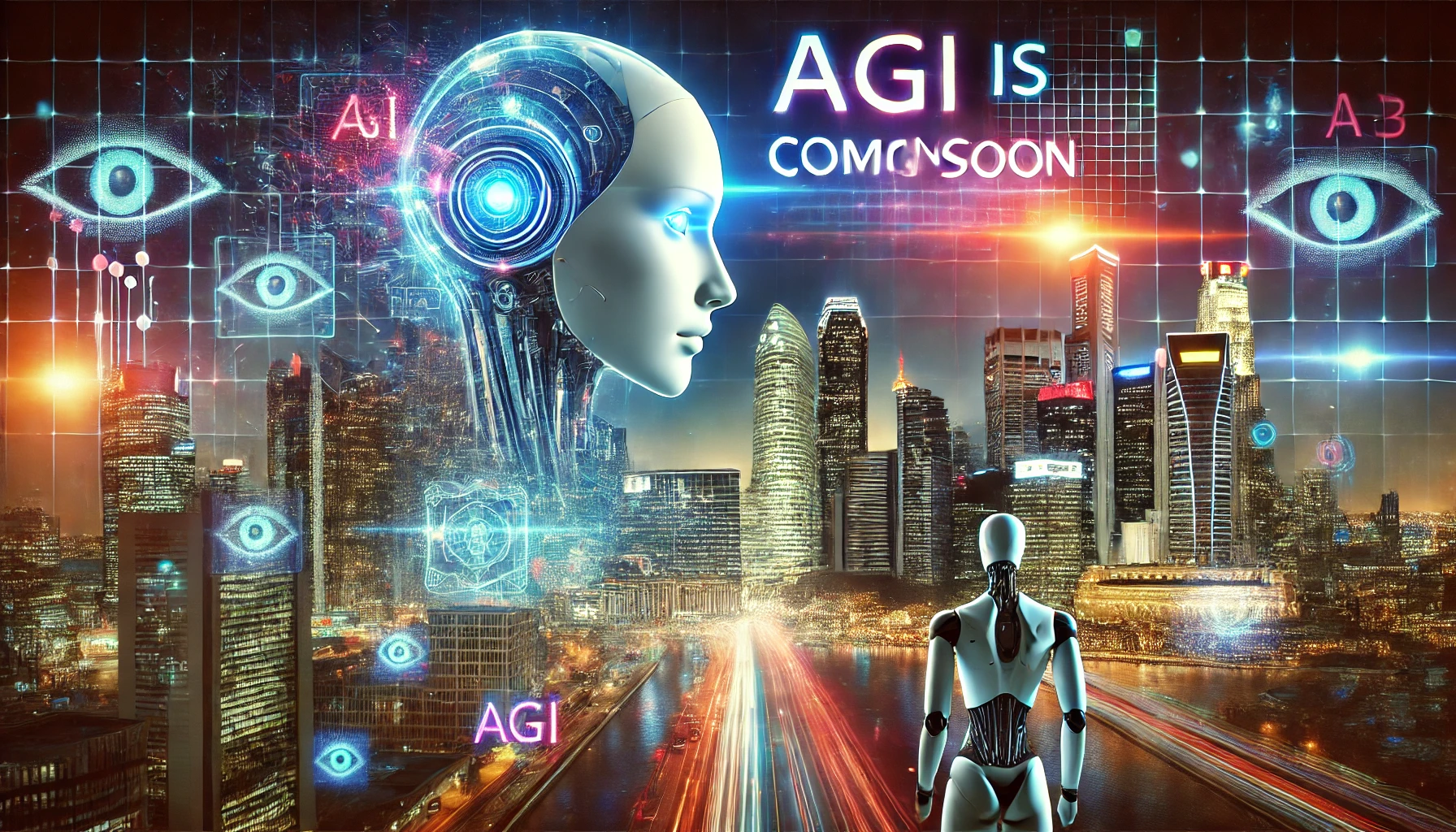Online learning platforms have already transformed education by making it more accessible, flexible, and cost-effective. However, the integration of Artificial General Intelligence (AGI) could take these platforms to an entirely new level, providing hyper-personalized learning experiences that cater to individual needs, preferences, and goals. This revolution has the potential to make education more effective, engaging, and equitable than ever before.
Understanding AGI in the Context of Online Learning
AGI, unlike narrow AI, possesses the ability to understand, learn, and apply knowledge across a wide range of tasks without being limited to pre-programmed functions. This flexibility allows AGI to mimic human cognitive abilities, making it capable of adapting to diverse learning styles and addressing the unique challenges faced by each learner.
Key Ways AGI Can Revolutionize Online Learning
1. Hyper-Personalized Learning Paths
AGI can analyze an individual learner’s strengths, weaknesses, interests, and progress in real-time. By doing so, it can curate custom learning paths that:
- Focus on areas where the learner struggles.
- Skip content the learner has already mastered.
- Recommend topics or courses aligned with the learner’s goals and interests.
For instance, a student struggling with algebra could receive more practice problems and targeted explanations, while a coding enthusiast might be guided to advanced programming projects tailored to their skill level.
2. Adaptive Content Delivery
AGI-powered platforms can dynamically adapt the way content is presented based on the learner’s preferences and cognitive style. For example:
- Visual learners might be provided with infographics and video content.
- Auditory learners could receive podcasts or audio summaries.
- Hands-on learners might engage with interactive simulations and gamified exercises.
This adaptability ensures that learning feels intuitive and enjoyable for everyone.
3. Natural Language Interaction
AGI can enable platforms to interact with learners in natural, conversational ways, serving as virtual tutors or mentors. These AGI tutors can:
- Answer questions in real time with context-aware explanations.
- Engage in dialogue to deepen understanding of complex topics.
- Offer motivational support to keep learners engaged and on track.
For example, a medical student could ask an AGI tutor to explain a challenging concept like the Krebs cycle, and the AGI could break it down step-by-step, adapting its explanations based on the student’s comprehension.
4. Automated and Meaningful Feedback
Assessment and feedback are critical in education, but traditional methods often lack depth or personalization. AGI can change this by:
- Grading assignments and exams with nuanced understanding.
- Providing detailed feedback that highlights areas for improvement and suggests actionable next steps.
- Predicting future performance based on past behavior and offering interventions to prevent failure.
For instance, AGI could analyze a student’s essay for coherence, style, and argumentation, providing constructive feedback that fosters growth.
5. Breaking Language Barriers
AGI can seamlessly translate and localize content into multiple languages, enabling learners worldwide to access high-quality educational materials in their native tongue. Moreover, it can adapt the content culturally to ensure relevance and engagement.
6. Real-Time Progress Monitoring
With AGI, both learners and educators can track progress with unprecedented granularity. AGI can:
- Use predictive analytics to forecast a learner’s trajectory.
- Alert educators about learners who may need additional support.
- Empower students with insights into their learning patterns and achievements.
7. Fostering Collaborative Learning
AGI can facilitate collaboration by matching learners with similar interests or complementary skill sets for group projects, discussions, or peer-to-peer mentoring. This creates a more social and interconnected learning environment.
Overcoming Challenges with AGI in Online Learning
While the potential benefits of AGI in online learning are immense, there are challenges that must be addressed:
- Ethical Concerns: Ensuring data privacy and preventing bias in algorithms is critical to maintaining trust.
- Accessibility: High-quality AGI solutions must be affordable and accessible to learners in developing regions.
- Human Oversight: While AGI can augment education, the human touch remains irreplaceable in fostering empathy and addressing emotional needs.
The Future of Online Learning with AGI
The integration of AGI into online learning platforms marks a shift toward a more inclusive, personalized, and effective educational landscape. By breaking traditional barriers, AGI has the potential to democratize education, enabling learners from all backgrounds to achieve their fullest potential.
As AGI continues to evolve, it’s crucial for educators, policymakers, and technologists to collaborate, ensuring its development aligns with the values of equity, innovation, and lifelong learning. The future of education is not just digital—it’s intelligent, adaptive, and profoundly human.
In the age of AGI, every learner can truly become the architect of their own education.
[SEO optimized]


